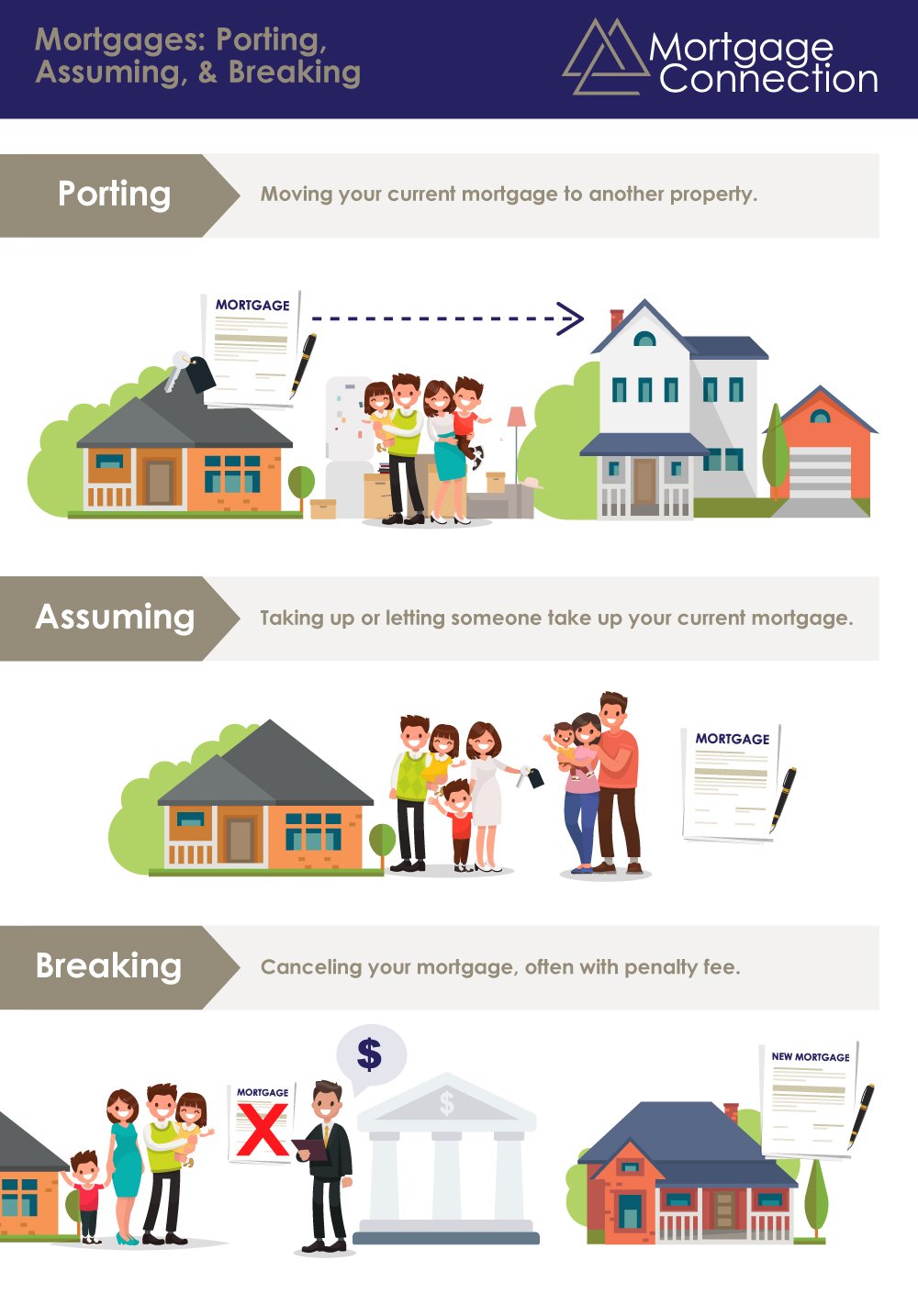If you’re thinking about relocating for work, family, or lifestyle reasons, you may be asking: “Can you move house with a mortgage?” The good news is — yes, you absolutely can .
Moving house while still paying off your mortgage is a common situation many homeowners face. Whether you’re upsizing, downsizing, or relocating across the country, it’s entirely possible to make the transition smoothly — as long as you understand the process.
In this post, we’ll guide you through everything you need to know about moving house with a mortgage.
Can You Move While Still Paying Your Mortgage?
Yes, you can move while still under a mortgage — in fact, most people do when they upgrade or relocate.
Here’s how it typically works:
- You sell your current home , using the proceeds to pay off your existing mortgage.
- You use any equity from the sale toward the down payment on your new home.
- You apply for a new mortgage (or use cash) to purchase your next property.

Steps to Move House with a Mortgage
Step 1: Check Your Equity
Determine how much equity you have in your current home:
- If you have enough equity, it can help fund your next move.
- If you’re underwater (owe more than the home is worth), consider holding onto the property or renting it out.
Step 2: Get Pre-Approved for a New Mortgage
Before listing your home, get pre-approved for a new mortgage so you know your budget.
Step 3: List and Sell Your Home
Work with a real estate agent or sell your home yourself (FSBO). Once you accept an offer, the transaction moves into escrow.
Step 4: Pay Off Your Existing Mortgage
At closing, the funds from the sale will first go toward paying off your current mortgage.
Step 5: Buy Your New Home
Use the remaining proceeds as a down payment on your next property and secure a new mortgage if needed.
What If You Want to Keep Your Current Home?
If you don’t want to sell your home when moving, you have options:
Option 1: Rent It Out
Turn your old home into a rental property — but only if your lender allows it and you qualify for a buy-to-let mortgage or refinance accordingly.
Option 2: Take Out a Second Mortgage
If you’re buying a new home before selling the old one, you may need a bridge loan or second mortgage to cover both properties temporarily.
Things to Watch For
- Mortgage Exit Fees : Some lenders charge early repayment fees.
- Timing Risks : Selling and buying simultaneously can be stressful. Consider temporary housing if needed.
- Market Conditions : A slow market could delay your move or affect your profit.
Final Thoughts
Yes, you can move house with a mortgage — it’s a normal part of homeownership. Whether you sell your current home and buy a new one or keep it as a rental, careful planning and working with professionals (like a real estate agent and mortgage broker) will help ensure a smooth transition.
With the right strategy, moving house doesn’t have to mean financial stress — it can be the start of an exciting new chapter.
Frequently Asked Questions (FAQs)
Q1: Do I have to pay off my mortgage if I move?
Yes, when you move and sell your home, your existing mortgage must be paid off using the proceeds from the sale.
Q2: Can I keep my house and move somewhere else?
Yes, you can keep your current home and rent it out, but you may need to switch to a buy-to-let mortgage or get approval from your lender.
Q3: Can I buy a new house before selling my old one?
Yes, but you may need a bridge loan or sufficient equity to afford both homes temporarily.
Join The Discussion